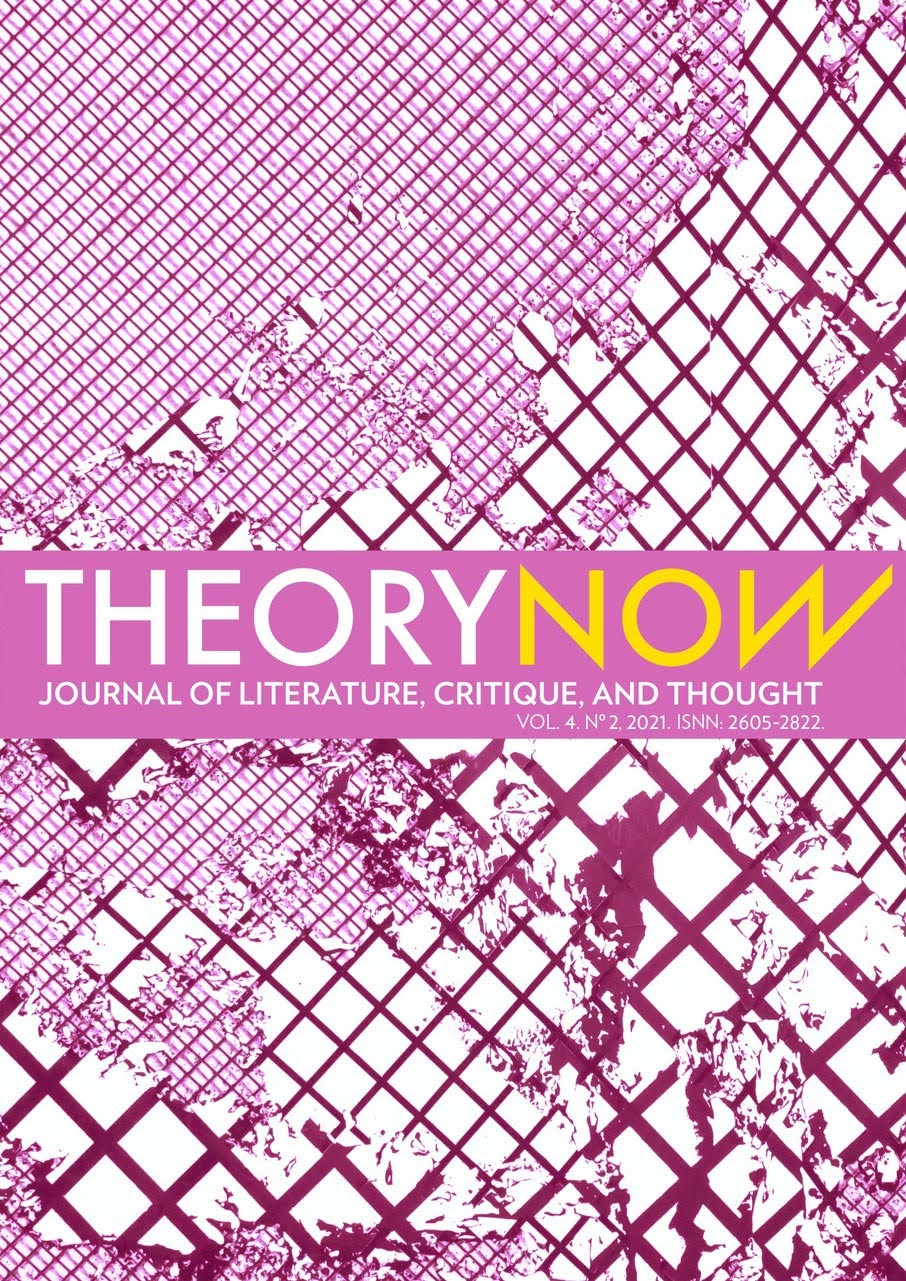Cybermigrations. Digital extraterritoriality in the contemporary Hispanic literature
DOI:
https://doi.org/10.30827/tn.v4i2.21121Abstract
In the last decades, the rise of the digital technologies, especially internet, has spread its influence among almost every social and cultural behavior in Western countries. Literature -and, obviously, literature written in Spanish as well- has been clearly receptive to these changes in many ways: the experience of writing, the habitus (Bourdieu) in the literary field, the themes developed by the novels, short stories and poems, the increasing of the manners to gather information in the web, the immediate communication between writers, and so on. Besides, this growth of the literary field has opened the cultural doors to the phenomenon of cybermigration (Robin), which allows to all e-citizens of the Pangea (Mora) the enlargement of possibilities to exceed or outweigh their national identity, through the willingly adscription to other social and cultural instances or agencies. The result of the sum of all these factors has been the proliferation of fictions and literary works written in a real or symbolic digital extraterritoriality, both in Spain and Latin-America.
Downloads
Downloads
Published
How to Cite
Issue
Section
License
Theory Now. Journal of Literature, Critique, and Thought is an immediate open-access publication which is available at no cost for readers and authors alike. Authors are not charged any kind of fee for the editorial processing of their articles. Reading, downloading, copying, distributing, printing, searching, linking or reusing all published articles for non-commercial uses is allowed on the condition of citing the author, the journal and the editing body. All intellectual material published in this journal is protected under a Creative Commons Attribution-NonCommercial 3.0 Spain license.
Dissemination of the articles in social (Facebook, Twitter, Linkedin, etc.) and scientific networks (ResearchGate, Academia.edu, etc.), public repositories at universities and other institutions, blogs, personal or institutional websites, Google Scholar, ORCID, ResearchID, ScopusID, etc. is strongly encouraged. In all cases, the intellectual property of the articles and any possible monetary profits derived from them belong exclusively to the authors.













